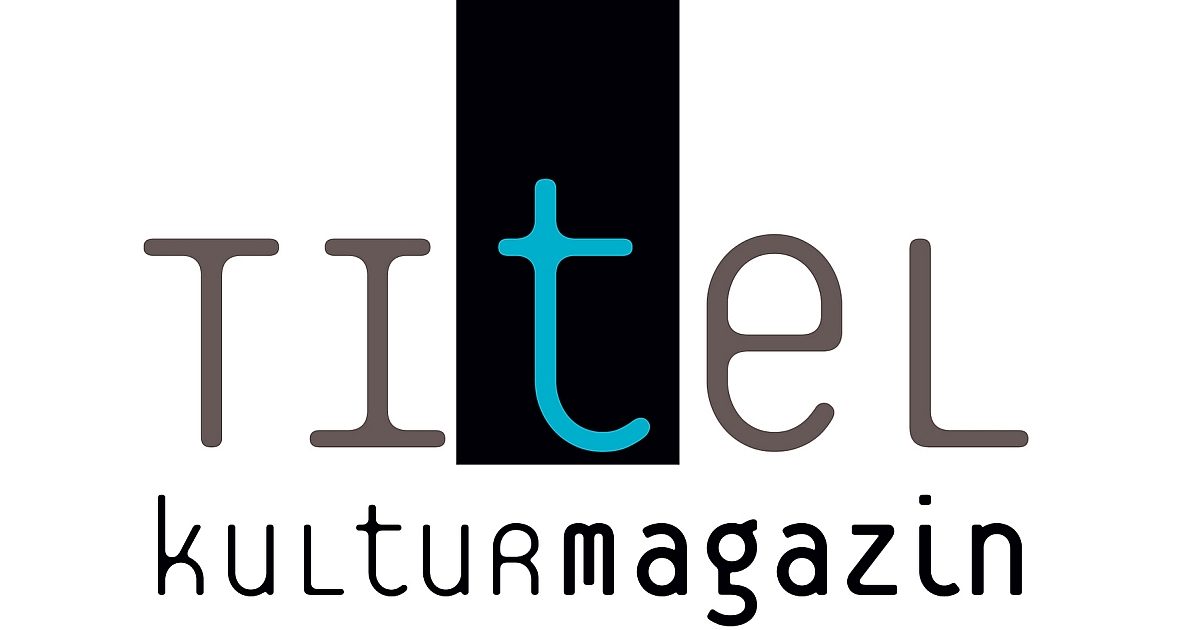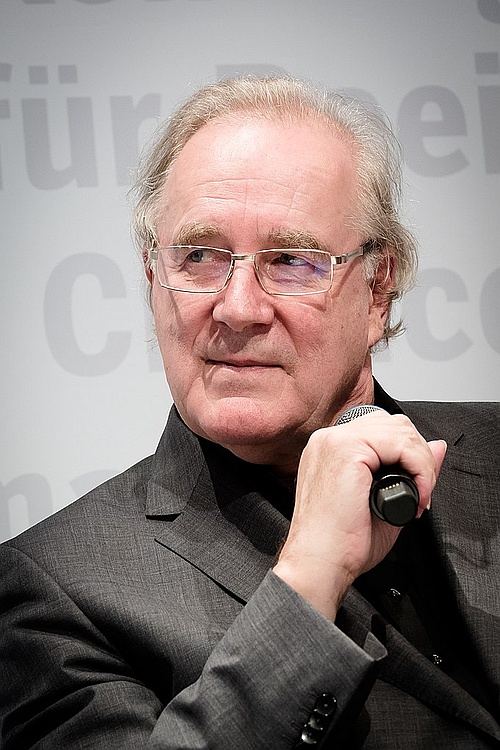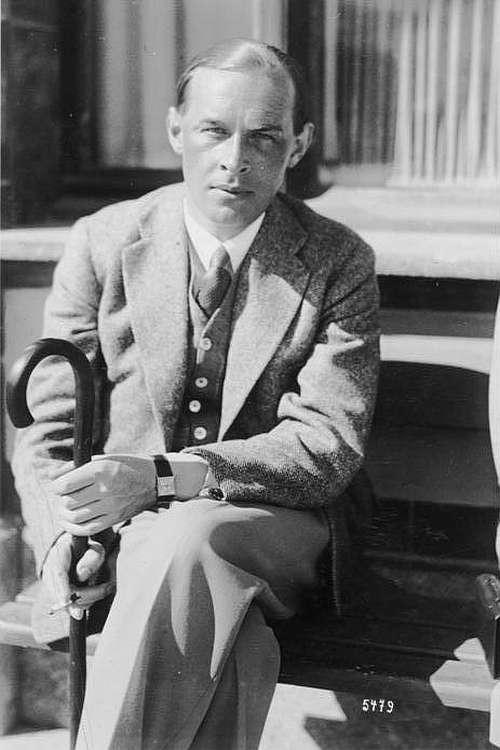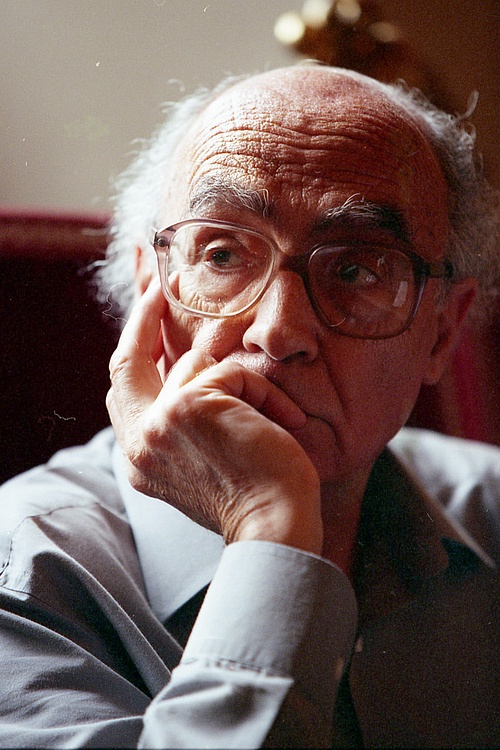Portrait | Costas Douzinas im Interview
Der griechische Philosoph und Rechtswissenschaftler Costas Douzinas lebt heute in London und lehrt am Birkbeck College der Universität. Er präsentiert zurzeit in Deutschland sein jüngstes Buch ›Philosophie und Widerstand in der Krise‹. Im Interview mit WOLF SENFF spricht er über europäische und deutsche Politik, den Einfluss des IWF auf Griechenland, die Wirkung von Demonstrationen und die Krise in der Ukraine.

The IMF admitted that they totally miscalculated the Greek situation and that something called the fiscal multiplier which is supposedly a way of calculating the effect of austerity upon the economy, in other words if you take money out of the economy through austerity deflation – how much does the GDP sink? So last year they admitted that they had made a mistake by factor three.
That means in detail?
Their economists claimed that for every Euro you take from the economy through austerity, sacking people extra taxes etc., the economy sinks by fifty cents. And last year they admitted that it sinks actually by one euro fifty, which is three times more.
Strange disharmonies
So that is the first thing to say that here we have an orthodoxy, a supposedly truth telling-discourse, according to them, which is totally wrong. But after they admitted their mistake they still continued the same policies.
So in the end the IMF had reason to even change their procedure?
There really is an issue at this point. While the ECB and the German government follow the new neoliberal bible, the IMF for its own reasons is following a more Keynesian economic course. So while we explain what a huge mistake – a publicly admitted mistake – their policies are in Greece the IMF is clearly more open to some correction in the direction of Keynesianism. It is linked with the disagreement between the right wing European leaders and Obama who, faced with the crisis, launched a huge wave of public words. It is strange that Europe and Germany, the powerhouse of social democratic policies, acts in the most ‚American’ way while the US seems to follow the older European model. But at the end, both converge, I am afraid.
To answer your Ukraine question. The situation is that between the IMF and Europe on one hand, and between Putin and the Russians on the other. For the Left this is a choice between a heart attack and a stroke. So in that situation, difficult as it is, you try to find what is best, and I wouldn’t say by definition not to take the IMF or by definition take the IMF.
›Troika‹ imposes neo-colonial administration
You always try to find the best solution in the circumstances and to exploit what little for manoeuvre you have because of differences of opinion between the great powers.
What is the effect of the Troika’s activities in Greece? Troika plus government are united in fighting against the people?
Greece was never a colony, you know it was part of the Ottoman empire, Greece was created after the revolution against the Ottomans. So it was not a colony and had not experienced the colonial condition that the British, the Belgians, the French, the Germans have imposed on the different regions of the world. To that extent having a Troika is really like a series of colonial administrators running the country from the highest policy to the routine of day-to-day administration. It is quite strange, shocking for people.
This is a worldwide process?
If you look at the famous Washington consensus’, the way in which a neoliberal reconstruction of the world takes place, particularly in Latin America or if you examine the so-called economic restructuring programmes imposed in Africa, you find a full list of what happens in Greece.
The ruling class impose their rules
So although there is an element of rhetorical exaggeration, there is no doubt that what is being imposed by the IMF and the Europeans upon Greece is very much what they are doing to Uganda, Kenia, or to Peru.
Do you agree to say that this is class struggle where the ruling class impose their rules?
Of course there is class struggle in a sense, but I would not say today that class struggle is between a specific class that owns the means of production, and the people who work in the factories. Of course there is class struggle, I mean there is no society without conflict, there is no society without ongoing antagonism. This antagonism takes place now fully in the open in Greece. Now whether you call this antagonism one between a ruling class and a working class or between elites and the people or between the rich and the poor, in the end these are theoretical perspectives, on which you would define these antagonisms, but antagonism exists and causes struggle.
The concept of ›multitude‹
Do you agree to call it multitude?
No, not as a social class. Using multitude to replace the concept of classes is the idea of Hardt and Negri. I agree that obviously the traditional idea of classes has changed. And in a postfordist world we have many people working now in the service industry, working with their mind, we have white-collar workers etc.
So, strictly speaking, the idea of working class is an idea of the past.
Clearly we no longer have a strong sense of the industrial working class but we have a much more flexible networked idea of class position. I do not agree with Hardt and Negri that the multitude, their idea of multitude, is at this point or in the near future likely to become a political subject and bring the revolution. The idea of multitude for me is something else, it is the idea of the demos in assembly, the classical plethos of Athens that meets in the agora and discusses all public issues.
The ›demos‹ reminds of the Agora?
Indeed. It is the traditional Greek idea of people in assembly being together in a physical space, taking part in this experience. This is very important. I use the idea of multitude not simply as a social term, but in a slightly different sense which implies the emancipation of people, and though I agree that Antonio Negri’s analysis is correct in social and economic terms, I think politically is not convincing.
Your political philosophy is centered on the collective experience?
There are two examples in our recent past when 300 immigrants who had been living and working in this country for years started a hunger strike against their impending expulsion, and from May to December 2011 we had permanent demonstrations and gatherings on Syntagma Square. Events like those contribute to form politically emancipated characters.
Manipulation of mainstream media
In Germany the mainstream media do not inform about the details of the highly sensitive situation in Greece. What is the media information in your country like, similar to that in Germany?
Of course news is always constructed, there is no objective news, no objective set of affairs that some sort of neutral media would represent. What goes out as news every night in the radio or on TV is always an interpretation of the world, not a description or just a representation of what’s happening, and to that extent there is obviously always an ideological aspect to it whether it is here in Greece or elsewhere.
But who or what is responsible for it?
In Greece we have a clear problem of interconnection between the political elite, the financial, economical elite and the media elite. The people who own the media are also the people who do the major public work, they get contracts from the state and they also help the politicians. You have a very strong interconnection between the three different types of elites and then you can talk about a ruling class, whichever terms you might prefer. In terms of the situation now the establishment media, the majority of them, they still construct a picture of the world from the postion of the ruling elites. You see, there is a clear attempt to manipulate public opinion at this point before the elections because they really are worried that something may change. So you have a mechanism at this point that goes beyond the standard construction of the news, that is happening all the time and beyond the idea of news representation.
Friends and allies
Greek suffers from the austerity policy.
Sure.
Who then supports Greece? Do you cooperate with Portugal, with Spain, with Italy?
Obviously there is a general understanding among the countries so far. The southern mediterranian countries perhaps form a kind of nascent, emerging southern European, not an alliance, but an understanding of common interests, and on the other hand the fact is that in all these countries, in Portugal, in Italy, in Spain and in Greece we still have governments that believe that neoliberal policy is the correct reaction, but they feel threatened by the people, and by the emerging popular cooperation.
So which are your consequences and your hopes connected with the European elections?
The leftist parties have adopted Alexis Tsipras as their candidate for the presidency of the European commission. This is highly symbolic both because Greece was the first country to be picked as the guinea pig for the austerity policy and because of the strong Greek Syriza of the left. So to that extent there is a kind of emblematic process connected with the adoption of Tsipras, and I believe that if the Greek left does well in the elections then clearly the other countries of the south will realize the importance of this policy.
German Chancellor Merkel was a guest in Athens to recommend voting?
The effective left policy is also the reason why the European Commission and the German government show up against the success of the Greek left and that is why chancellor Merkel came to Greece these days to tell the Greek people to vote for the right wing.
Costas Douzinas, geboren in Athen, hat 1973 am Widerstand in Griechenland gegen die Diktatur teilgenommen. Heute lebt Douzinas in London, lehrt als Juraprofessor am Birkbeck College (Universität London) und ist Direktor des Institute for the Humanities. Der Schwerpunkt seiner Arbeiten liegt in den Bereichen Menschenrechte, Ästhetik, Rechtstheorie in der Postmoderne und Politische Philosophie.
In seinem Buch ›Philosophie und Widerstand in der Krise‹ liefert Douzinas eine Analyse der Vorgänge in Griechenland seit 2008, stellt dabei aber immer auch Bezüge zu den Widerstandsbewegungen u.a. in der Türkei und in Spanien oder zu den Protesten von Occupy Wall Street her und deutet diese aus (radikal)philosophischer Sicht. Die »Bewegung der Plätze«, schreibt Douzinas, habe eine neue Qualität des Widerstands ermöglicht; eine Form des Widerstands, die künftige Politik nicht ignorieren könne.











[…] Reinschauen | Unser großes, weißes, mittleres Meer – Pieke Biermann zu David Abulafia: Das Mittelmeer | The deadly threat of friendly Euro fire – Costas Douzinas im Interview […]
[…] Reinschauen | The deadly threat of friendly Euro fire – Costas Douzinas im Interview […]